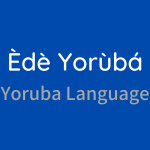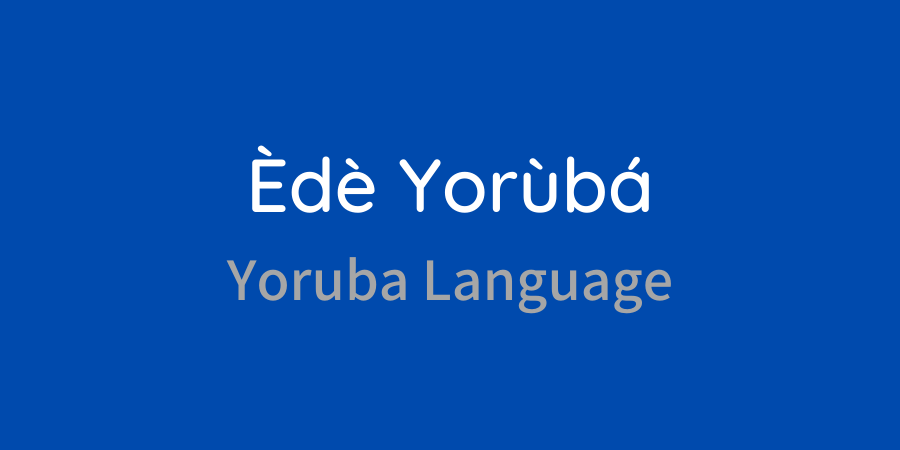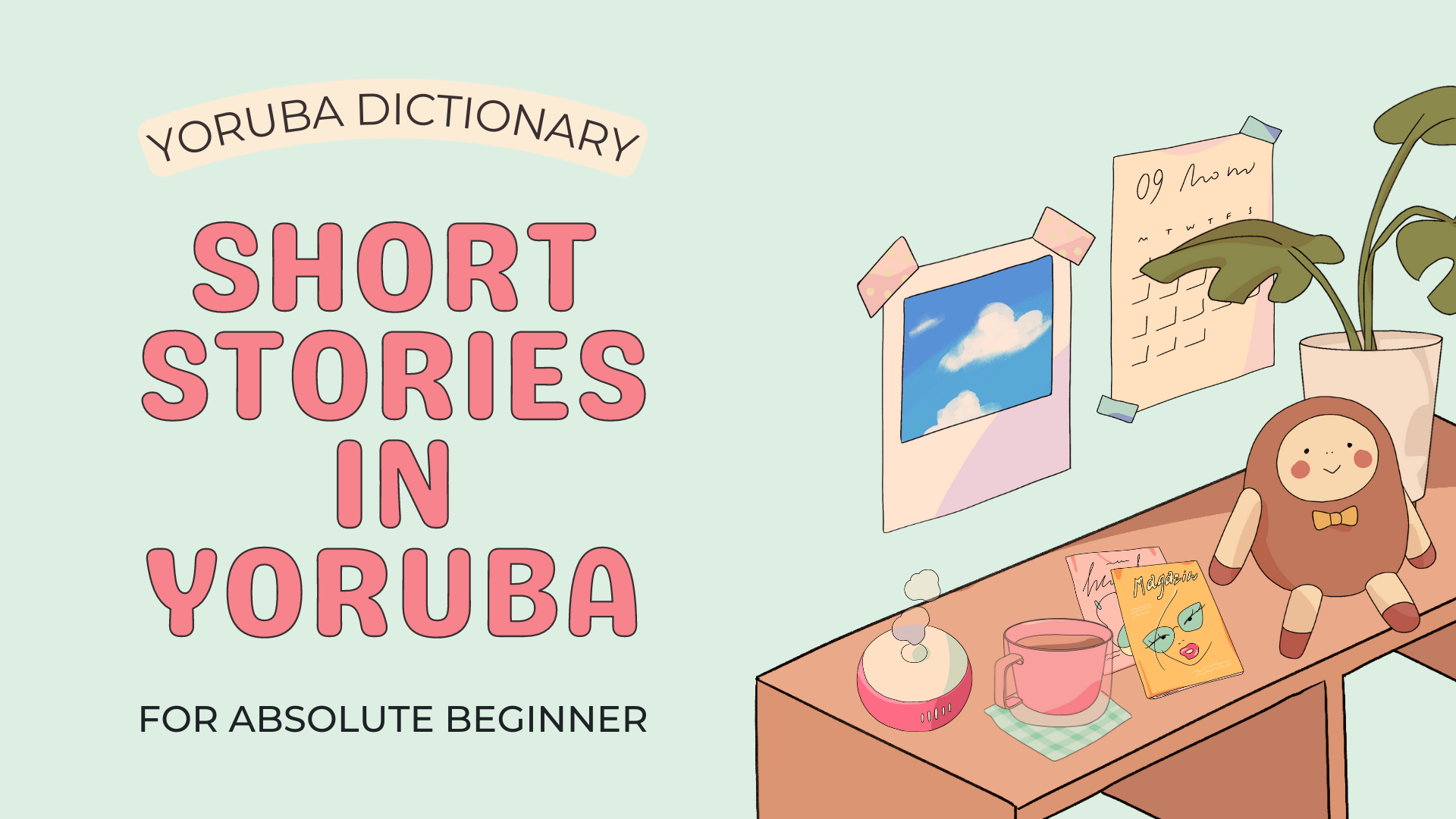
Learn Yoruba for Beginners – Lesson 5 : Pronouns in Yoruba—Possessive pronoun
Introduction
In this post, we will be briefly addressing possessive pronouns. Possessive pronouns like mine, yours, his, hers are useful to avoid repetition in your text. It replaces a noun that has a possessive pronoun (determiner). Let’s go.
By the way, one thing I noticed after reading the book that is referenced below was that in Yoruba the possessive pronouns and possessive adjectives (determiner e.g., my, her, you etc.) differ only by a prefixed “Ti” or “Te”. The next post will be about possessive adjectives, so you will definitely notice the difference. Let’s go!
Lesson
Mine
Temi
Example
Mine is at home.
Temi wà nílé.
Yours (singular)
Tẹnyin
Example
Yours is at school.
Tẹnyin wà nílé-ìwé.
His/Hers/Its
Ti rẹ̀
Example
Hers is in church.
Ti rẹ̀ wà ní ṣó̩ọ̀ṣì.
Ours
Ti wa
Example
Ours are here.
Ti wa wà ńbí.
Yours(plural)
Tẹnyín
Example
Yours are going tomorrow.
Tẹnyín ń lọ ló̩la.
Theirs
Tiwọn
Example
Theirs is bad.
Tiwọn burú.
Hope you enjoyed this very informal post. Please, every suggestion or correction is welcomed and appreciated. Thank you! See you in the next post.
Editor notes
As I am also a beginner in Yoruba, my sentences will be very short and boring. So please bear with me.
References
- Colloquial Yoruba: The Complete Course for Beginners
- Personal pronouns, Possessive determiners, Possessive pronouns in English







